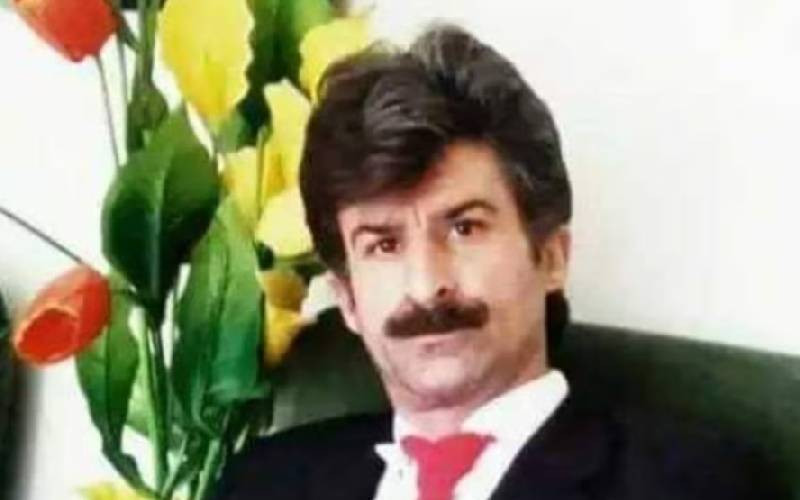×
The Standard e-Paper
Home To Bold Columnists

A former political prisoner in Iran is facing imminent deportation back to that country after a decade of waiting in Turkey for resettlement and despite having once been granted asylum status by the U.N. refugee agency, UNHCR.
Journalist and rights activist Shahram Elyasi, an Iranian Kurd, has been given 10 days to appeal the decision before being returned with his family to Iran.